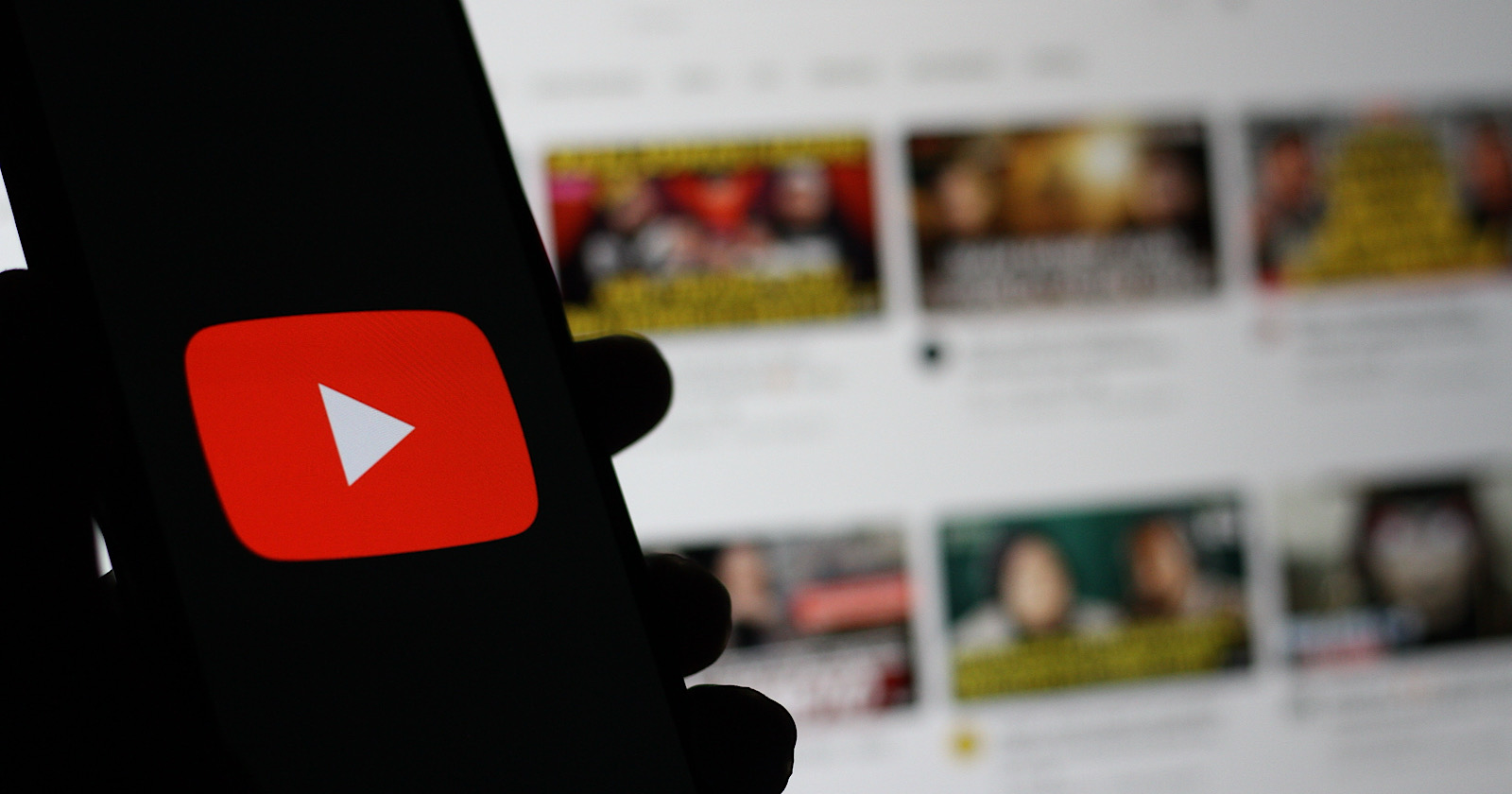
YouTube has announced the introduction of a new tool in Creator Studio that requires creators to disclose when their videos contain realistic content generated or altered by AI.
As stated in YouTube’s announcement:
“Viewers increasingly want more transparency about whether the content they’re seeing is altered or synthetic.”
To address this growing demand, YouTube will now mandate that creators inform their audience when a video features content that could easily be mistaken for a real person, place, or event but has been created or modified using generative AI or other synthetic media.
Disclosures will appear as labels in the expanded description or directly on the video player.
YouTube believes this new label will “strengthen transparency with viewers and build trust between creators and their audience.”
Examples of content that will require disclosure include:
YouTube acknowledges that creators use generative AI in various ways throughout the creative process and will not require disclosure when AI is used for productivity purposes, such as generating scripts, content ideas, or automatic captions.
Additionally, disclosure will not be necessary for unrealistic or inconsequential changes, such as color adjustments, lighting filters, special effects, or beauty filters.
The labels will be rolled out across all YouTube surfaces and formats in the coming weeks, starting with the YouTube app on mobile devices and eventually expanding to desktop and TV.
While creators will be given time to adjust to the new process, YouTube may consider enforcement measures in the future for those who consistently fail to disclose the use of AI-generated content.
In some cases, particularly when the altered or synthetic content has the potential to confuse or mislead people, YouTube may add a label even if the creator has not disclosed it themselves.
YouTube is working on updating its privacy process to allow individuals to request the removal of AI-generated or synthetic content that simulates an identifiable person, including their face or voice.
As viewers demand more transparency, marketers must be upfront about using AI-generated content to remain in good standing on YouTube.
While AI can be a powerful tool for content creation, marketers should strive to balance leveraging AI’s capabilities and maintaining a human touch.
Featured Image: Muhammad Alimaki/Shutterstock
Here, there are options to: Spruce up the styling with fonts and colorsControl how and…
Here is a recap of what happened in the search forums today, through the eyes…
Google indicated that manual actions were coming to webpages that host third party webpages and…
What Is a Content Outline?A content outline is a document that details what an article…
HTML tags are pieces of code you add to webpages to provide context to search…
Focus is mission-critical, but most companies don’t lower the gravitational forces pulling on attention. As…
This website uses cookies.
Leave a Comment